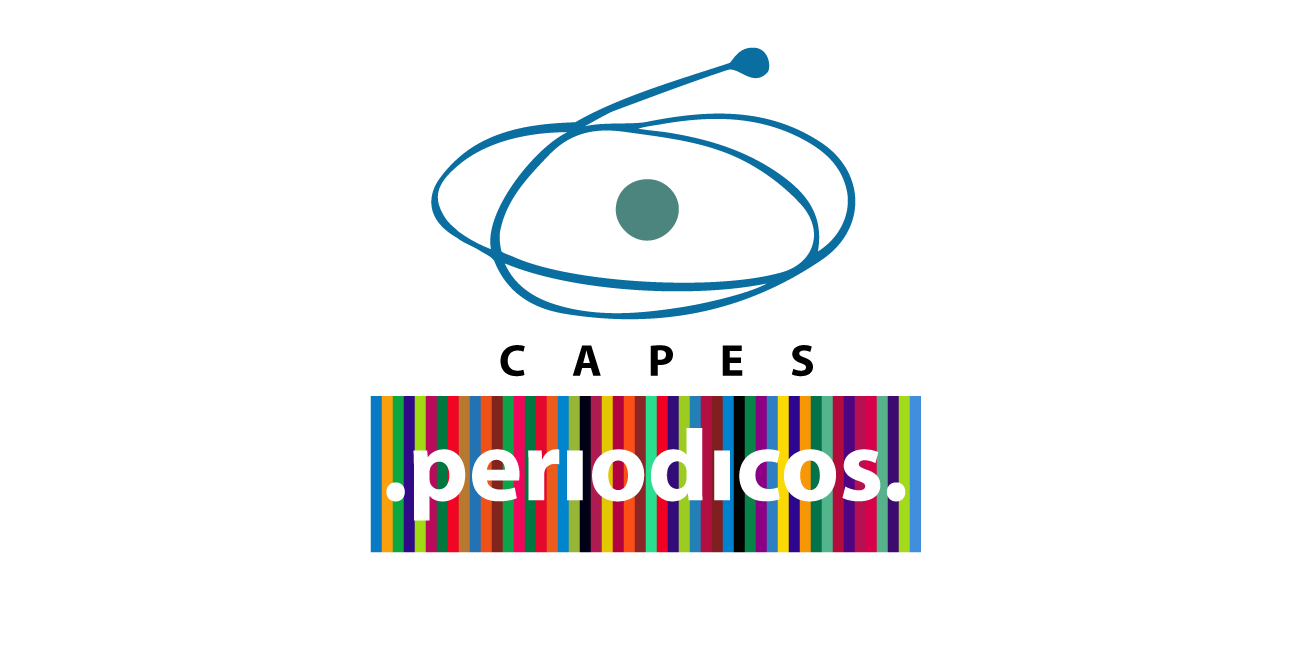Homosexual Marriage in Brazilian And Comparative Law: Trends According to Historical, Economical and Anthropological Point of View
Keywords:
Rights of the Personality, Homosexual Marriage, EconomyAbstract
Current analysis deals with a research within the Program for Scientific Initiation, developed in the University of the State of Amazonas and funded by the Foundation for the Subsidy of Research of the State of Amazonas. The paper analyzes the recent juridical evolution in Brazilian and comparative law on homosexual marriage. Based on an interdisciplinary interpretation, the economical, historical and anthropological points of view are investigated. It also deals with trends and rationality lying underneath the recent acknowledgments of the rights of the personality linked to homosexual marriages. Several juridical decisions between 2011 and 2013 and texts on interdisciplinary themes were analyzed. Results show that within the Brazilian juridical milieu, homosexual marriage became a settled issue by the Higher Courts of Justice and by the Federal Courts. On May 2013, the National Council of Justice gave its favorable verdict and published Resolution 175, a document that makes it mandatory for Brazilian civil offices to register the civil marriage between homosexual people. In the case of comparative law, homosexual marriage should be more and more acknowledged worldwide by the State especially in countries with economies characterized by information, knowledge and technology, contrasting predominantly with agrarian countries with a persistent cult for the past.Downloads
Published
2013-12-03
How to Cite
Pereira Ramos Júnior, D., & Pires Benigno, E. (2013). Homosexual Marriage in Brazilian And Comparative Law: Trends According to Historical, Economical and Anthropological Point of View. Revista Jurídica Cesumar - Mestrado, 13(2). Retrieved from https://periodicos.unicesumar.edu.br/index.php/revjuridica/article/view/3133
Issue
Section
Doutrinas
License
A Revista se reserva o direito de efetuar, nos originais, alterações de ordem normativa, ortográfica e gramatical, com o intuito de manter o padrão culto da língua, respeitando, porém, o estilo dos autores. As opiniões emitidas pelos autores são de sua exclusiva responsabilidade.
Os direitos autorais pertencem exclusivamente aos autores. Os direitos de licenciamento utilizado pelo periódico é a licença Commons Atribuição 4.0 Internacional. São permitidos o compartilhamento (cópia e distribuição do material em qualquer meio ou formato) e adaptação (remixar, transformar, e criar a partir do trabalho, mesmo para fins comerciais), desde que lhe atribuam o devido crédito pela criação original.












